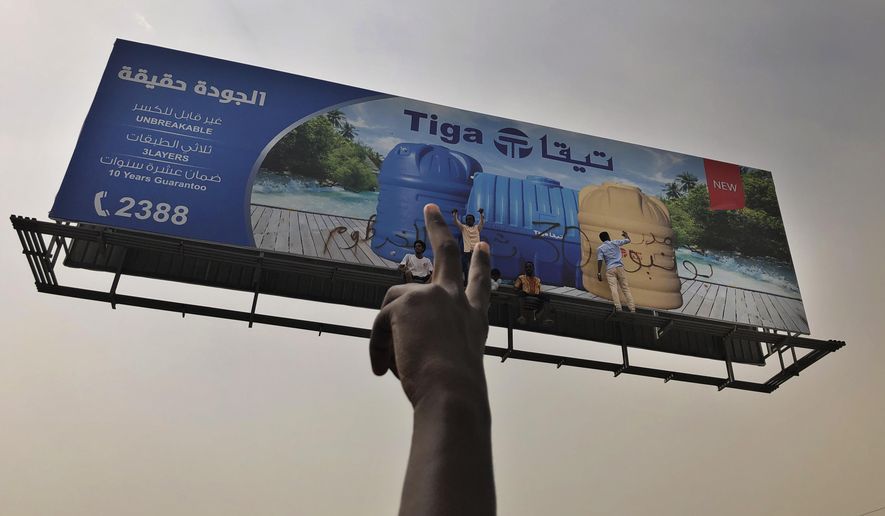Sunday’s demonstrations in Khartoum are raising new questions about negotiations between Sudan’s military junta and civilian protesters after an unexpected show of strength from the Forces for Freedom and Change, the opposition group demanding the military step aside and allow a democratically elected government.
At least 11 demonstrators were reported dead and nearly 200 are injured after tens of thousands of protesters filled the streets across Sudan for what is being considered “a huge boost of morale” in the continuing protests against the junta
“The demand from the Sudanese people is clear,” said Omer Ismail, senior advisor at Enough Project. “The people in the streets are saying with one voice that they are calling for civilian-led government, they are calling for democracy, they are calling for peace and justice.”
Largely cut off from the internet, the FFC organized mass demonstrations across the country to seek justice for those killed in the Rapid Support Forces’ violent disruption of the opposition’s sit-in on June 3, when more than 100 reportedly died across the country. The RSF again was out Sunday trying to contain the protests.
The Central Committee of Sudan Doctors confirmed on social media that there was live ammunition, tear gas and other forceful tactics used to injure and kill civilians.
A hospital east of the capital of Khartoum in El-Gadarif released a statement on social media that RSF soldiers had fired bullets in addition to throwing tear gas canisters into the hospital. Some of the canisters landed on civilians’ faces and caused injury.
Sudanese-American human rights advocate Azaz Shami said the civilian opposition’s ability to organize new protests was a strong signal to the junta, which has refused to commit to ceding power after longtime President Omar al-Bashir was ousted in a coup in early April.
“The more brutality you apply on armed civilians, the more support and more attention they get,” said Ms. Shami.
Prior to the demonstrations, the military council issued a statement that any casualties would be the protest leaders’ responsibility.
Gen. Mohamed Hamdan Dagalo, deputy head of the military council, told army supporters, “Our mission is to protect people and any peaceful revolution,” The Associated Press reported. “We in the military council are totally neutral. We are the guardians of the revolution. We do not want to be part of the dispute.”
Another leader of the military council, Lt. Gen. Gamal Omar, said in a statement that the RSF arrested “elements” who fired at security forces in Omdurman, a sister city to Khartoum, according to The Associated Press.
The U.S. assistant secretary for African Affairs Tibor Nagy and special envoy Donald Booth met with the FFC and TMC leadership last week to urge them to resume talks about moving to civilian-led government.
The African Union and Ethiopia are working with both sides following the June 3 attacks. Sunday’s demonstrations were held on the 30th anniversary of Mr. al-Bashir’s first seizing power in a coup.
“This shows the TMC that they don’t have the social and political coverage,” Ms. Shami said. “It’s like a slap in the face.”




Please read our comment policy before commenting.